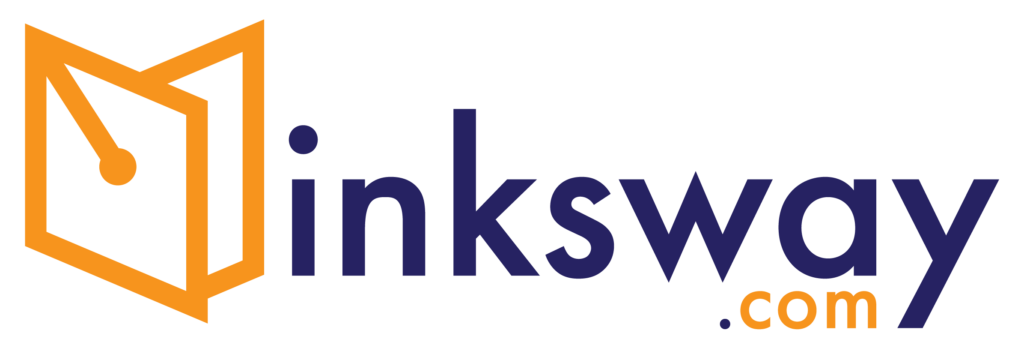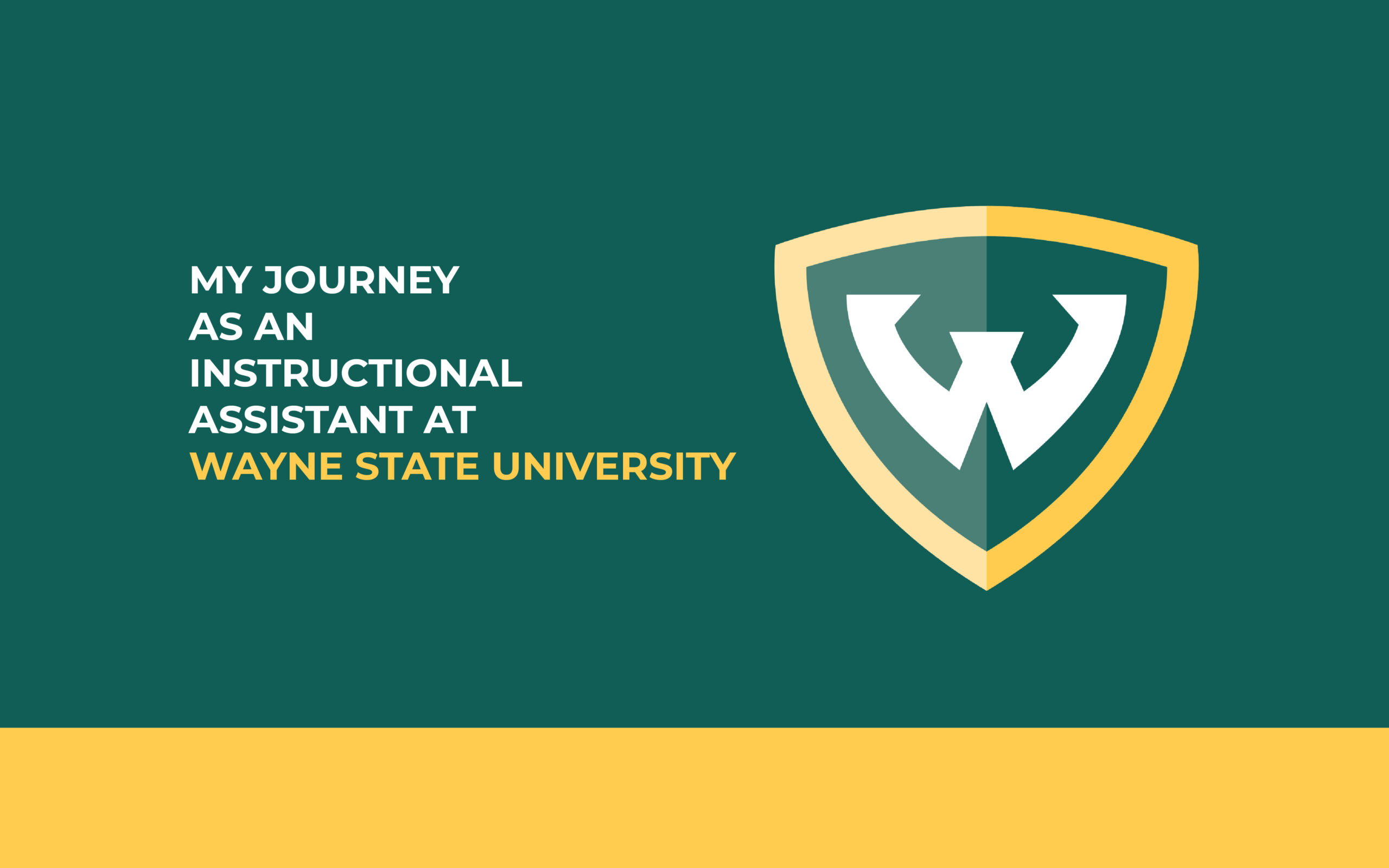During my time at Wayne State University, I had the privilege of serving as an Instructional Assistant for CSC 1100: Introduction to C++ Programming, under the guidance of Professor Hadi Nasser. This role not only deepened my understanding of programming concepts but also allowed me to contribute meaningfully to the learning experience of my peers.
Role and Responsibilities
As an Instructional Assistant, I was responsible for conducting weekly lab sessions and managing the Debug Dungeon, a dynamic and interactive component of the course. My role involved guiding students through hands-on programming exercises, providing real-time assistance, and ensuring they comprehended the core principles of C++ programming.
Innovative Lab Design
In an era where artificial intelligence can provide instant solutions, I sought to design lab exercises that encouraged critical thinking and creativity. By using Gen Z-inspired language and conversational comic characters, I transformed traditional lab questions into engaging puzzles. Students uncovered the programming challenges through dialogues and images, fostering a problem-solving mindset rather than a reliance on external tools.
To further support learning, students were given a week to complete each lab assignment, allowing them ample time to think deeply about the problems. This approach shifted the focus from rushing to earn points to genuinely enjoying the coding process.
The Debug Dungeon
The Debug Dungeon was a standout feature of the course. Each week, students tackled a series of intentionally flawed programs, which they had to debug and fix within the class period. This approach fostered independence, as students were restricted from using the internet or discussing solutions with peers. The exercise sharpened their debugging skills and enhanced their ability to identify and resolve programming errors. Witnessing their determination and the satisfaction of resolving a challenging issue was immensely rewarding.
Compiler and Tools
I utilized OnlineGDB, an online compiler, to conduct the lab sessions. This platform allowed students to join a virtual classroom, where I assigned Debug Dungeon challenges and monitored their progress. Features such as automated test cases, custom due dates, and submission locks ensured fairness and consistency. Students who missed a session were assigned a unique version of the exercise, maintaining the integrity of the challenge.
Incorporating Bit-Pocket
A unique aspect of the course was the integration of bit-pocket.com, a project we completed within 20 days under the mentorship of Professor Nasser. Students earned digital currency, or “bits,” for completing lab assignments. For instance, the first 10 students to submit a Debug Dungeon were rewarded with 10 bits. This gamified approach added a competitive yet enjoyable element, motivating students to excel. The earned bits could later be redeemed for rewards, such as using a cheat sheet during the final exam, further incentivizing active participation.
Teaching and Mentoring
One of the most fulfilling aspects of this role was mentoring students and fostering their growth. I employed diverse teaching strategies to cater to different learning styles, from hands-on coding demonstrations to detailed walkthroughs of complex concepts. Recognizing that each student learns at their own pace, I offered additional virtual hours and extended deadlines when needed, ensuring they had the time and support to grasp the material fully.
Challenges and Rewards
Balancing my responsibilities as an Instructional Assistant with my coursework required strong time management and organizational skills. Additionally, simplifying complex programming concepts for beginners presented occasional challenges. However, the rewards of the role far outweighed these difficulties. Seeing students develop confidence in their abilities and witnessing their progress was profoundly gratifying.
Personal Growth
This experience significantly contributed to my personal and professional development. It honed my communication, leadership, and classroom management skills while deepening my passion for programming and education. The role reinforced my belief in the power of knowledge-sharing and its ability to transform lives.
Conclusion
Serving as an Instructional Assistant for CSC 1100 was a transformative chapter in my academic journey. It allowed me to inspire and guide others while enhancing my technical and interpersonal skills. I am deeply grateful for the opportunity to contribute to students’ success and look forward to leveraging this experience as I continue to grow in the fields of technology and education.



